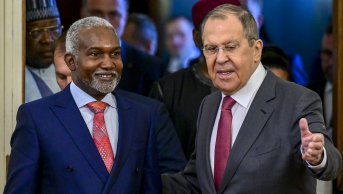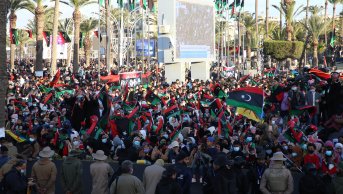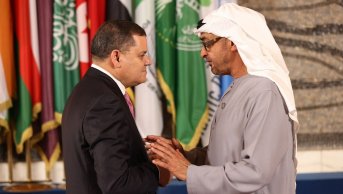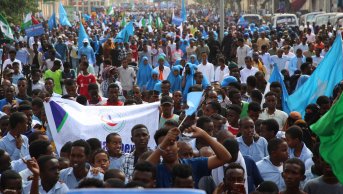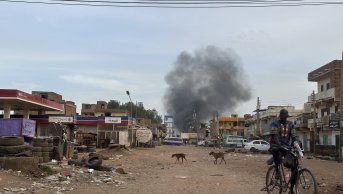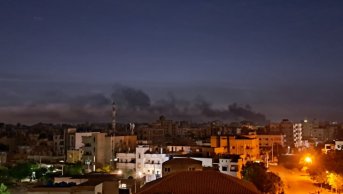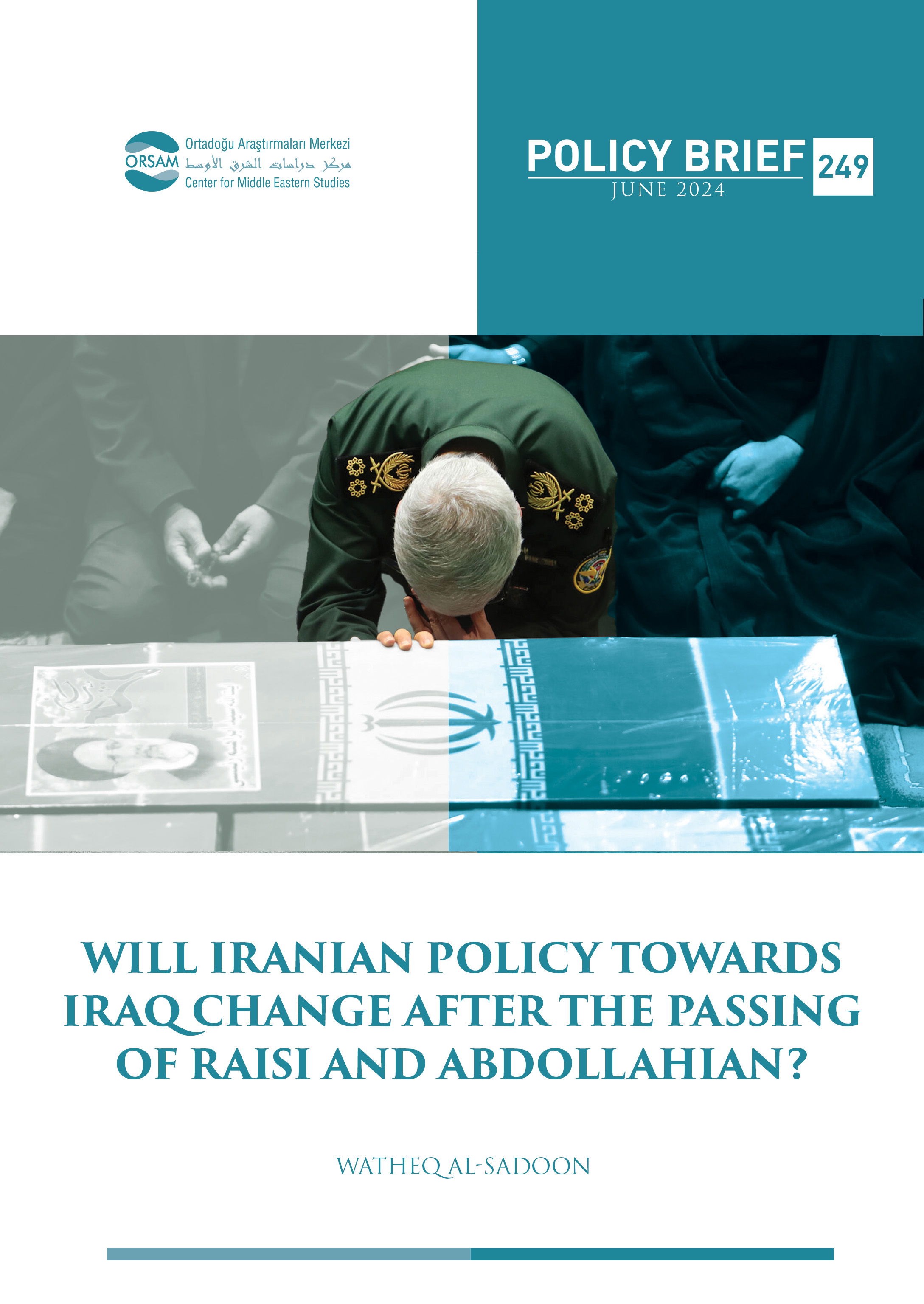The Problem of Foreign Mercenaries in Libya: the Front for Change and Concord in Chad (FACT)
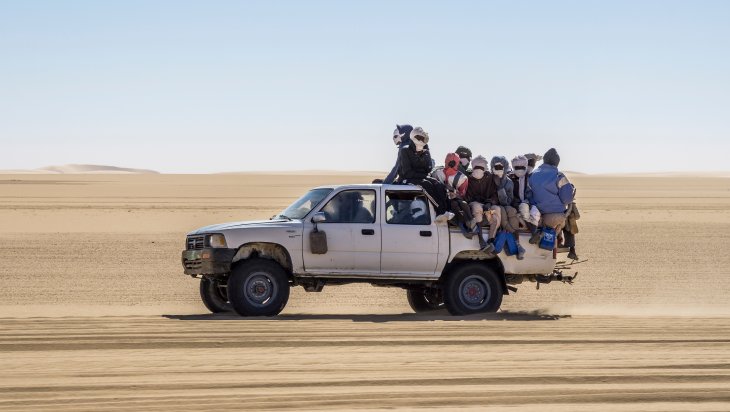
After many years of conflict in Libya, the 5 + 5 Joint Military Commission, which was formed by the representatives of the warring factions, agreed on the ceasefire agreement and the agreement was signed on 23 October 2020. Withdrawing of foreign mercenaries from Libya within the scope of this permanent ceasefire has undoubtedly become one of the most prominent topics. After the three months given by the committee, both the Sirte-Jufra line, where the Russian Wagner company is active and the movements in the regions under the control of Khalifa Haftar, the leader of the militia groups in the east of Libya, showed that these actors were unwilling to eliminate mercenaries from Libya. However, after the United Arab Emirates (UAE), which is the financier of foreign militia groups, announced that it withdrew its financial support from these groups in March, it was announced that up to 5,000 Chad and Sudanese militias were preparing to get withdrawn from Libya. The fact that the border control in Libya has not been fully established and the illegal border crossings that create serious security problems, especially in the Chad-Niger border, seem to be a red signal about the threats that these irregular and uncontrolled militia groups, which are deemed to be separatist in their own countries. Following the developments in the Chad-Libya border in recent weeks, with the murder of the 31-year-old Chad President Idris Debi Itno, the Front for Change and Concord (FACT) in Chad has come to the fore among these groups.
The Front for Change and Concord in Chad (FACT)
FACT, which was shown in the list of militia groups affiliated with Haftar in the Libya Experts Panel report that got published on 8 March by the United Nations Security Council (UNSC), was founded by Mahadi Mahamat Ali in 2016. The emergence of the front became apparent as a result of the dissolution of the Union of Forces for Democracy and Development (UFDD), which was the pioneer of the opposition against President Idriss Deby in Chad. Mahadi Mahamat Ali, who was assigned to command the UFDD fighters in Libya by Mahamat Nouri, the group's exiled leader, initially received serious reactions in the UFDD, where the fighters of the Goran tribe, one of the important ethnic groups of Chad, are concentrated. Mahamat’s getting stronger and taking over the management of the organization brought differences of opinion and resulted in the formation of three different groups. The FACT, led by Mahamat as one of these groups, continued its activities in the city of Jufra during a period of intense clashes between the "Libya Dawn" and "Dignity Forces" (militias affiliated with Haftar), where the Misrata troops were the majority. The Military Command Council for the Salvation of the Republic (CCMSR), another group that evolved from within the UFDD, maintained its neutrality during the civil war.
After the Libyan National Army (LNA) troops affiliated with Haftar captured Jufra in 2017, FACT, who fought in the ranks of the Misrata troops, did not leave the region and made a non-aggression agreement with LNA. From this date on, FACT has been shown as one of Haftar's important ally powers. The Chad militia group, spreading over an area extending from Jufra to Sabha, Tamanhint, and the city of Brak, undertook the security of military accumulations and oil facilities affiliated with Haftar at these points. FACT, which played an active role in the Tripoli attack launched by Haftar in April 2019, had to leave the country as a result of the increasing national reconciliation and international pressure with the Libyan Political Dialogue Forum (LPDF).
FACT's Abandonment of Libya and The Death of President Deby
According to different sources, it was stated that the separatist group that was preparing to leave Libya entered the country on April 11, the day of the elections, to protest President Idriss Deby and initiate an armed struggle. In this context, it was reported that the group of 500 people was divided into two groups in convoys, one group moved towards the capital N'Djamena and the other group moved towards the strategic city of Mao. On April 15, the US Libya Embassy warned about the pursuit of the Chad militia groups that left Libya and the dangers they will create and pointed to Chad's Vour and Zuarke regions on the Libya and Niger border. Again, in the statement made by the US Embassy in Libya, it was stated that all kinds of support would be provided at the point of increasing border security measures for Libya to have a safe and stable state structure.
Two days after these statements, Chad Army Spokesperson General Bermandoa Agouna stated that the rebels from Libya started attacks in the Kanem region in the north of the country on 17 April and these attacks were prevented in a short time. On the other hand, FACT's Facebook account published a statement that, "the Kanem region was liberated" and that the troops were moving towards the capital N'Djamena increased the concerns in the international arena as well as in the country, and foreign diplomats in the country were summoned to their countries. Similar riots that took place in 2019 were suppressed by the intervention of the French army and airstrikes against rebel groups, and President Idriss Deby, who was seen as an ally, was saved from a possible coup. The FACT uprisings are associated with the extension of the term of office of President Idriss Deby and being a candidate again in the elections. After the ongoing clashes, President Idriss Deby, who visited the front a few hundred kilometers north of the capital N'djamena to give morale to the army on April 20, lost his life when the clashes started.
Conclusion
The situation of foreign mercenaries in Libya poses a serious threat not only to Libya but also to countries such as Niger, Chad, Mali, and Sudan, which cover the Sahel zone. Because it is estimated that there are still many Chad, Sudanese, and a limited number of Nigerian foreign mercenaries within the borders of Libya. The latest developments also reveal the security gap in the south of Libya, which is often put into the background. In this sense, it is observed that local military councils affiliated with the Libyan Presidential Council are inadequate in the region where illegal immigration and smuggling trade activities are common. It is known that tribal elements are active and in control in the province of Fezzan in Southern Libya. Therefore, accelerating the security sector reform or at least increasing the measures taking into account the sensitivity of the region are among the measures to be taken in the first place.
Nevertheless, senior officials of almost all European countries during their visit to Libya last week raised the issue of foreign mercenaries and warned the parties. In addition, the UNSC decided to send a team of 60 people to the country to observe the ceasefire in Libya on April 16, and the decision was welcomed by the members of the 5 + 5 Joint Military Committee. At this point, making a certain plan for foreign militias to leave the country should be among the main priorities. Otherwise, similar events that will take place in the coming days will undermine the reconstruction process of Libya and put the Dbeibeh government in a tight spot.

